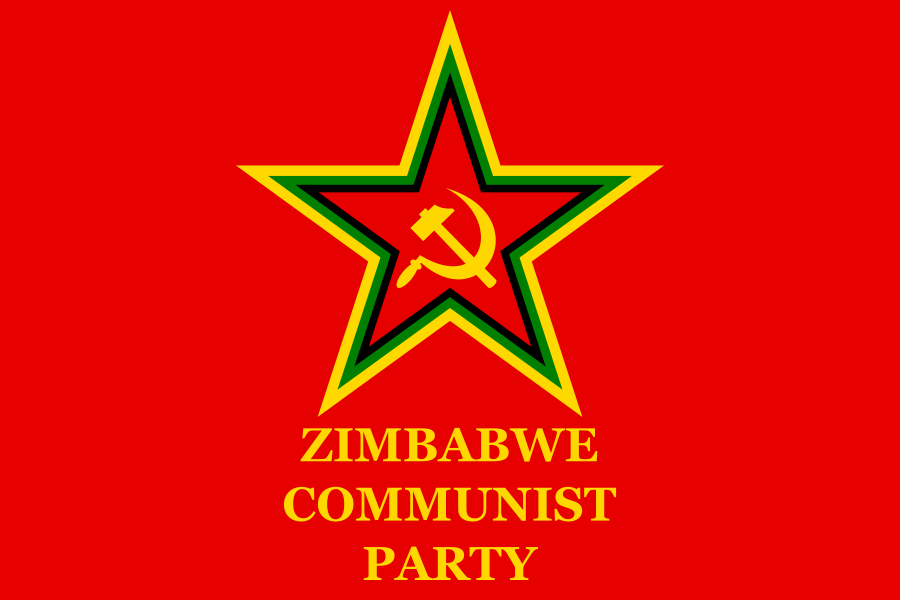The Zimbabwe Communist Party (ZCP) will not contest this year’s general elections, instead electing to rebuild its party membership and focus on the 2028 elections.
The ZCP is led by its general secretary, Nicholas Nqabutho Mabhena, based in Johannesburg, South Africa, whose party ideology is founded on communist values.
In an interview with CITE, Mabhena stated that while the ZCP has the potential to make a significant contribution to Zimbabwe’s economic and political scene, the party will not run for office.
“Our thrust is to bring local people together, create dialogue with Zimbabweans in order to revive the country which is facing serious social, economic and political problems,” he said but acknowledged that ZCP still had to grow internally.
“We are small, we do not have the numbers. We are a vanguard and not a mass party. A vanguard in the sense that we are part of professional revolutionaries schooled in scientific socialism or in Marxist and Leninist philosophy.”
Mabhena stated that to win elections, a political party needs numbers, which they do not have as yet.
“We are going to build our party cadres before we embark on mass recruitment,” he said and further stated that while the ZCP will be sitting out of the elections, the party will not be offering its support to any other party either.
“Our focus is on rebuilding ourselves to be a formidable challenger.”
The general secretary stated the present ZCP membership considered that not participating in this year’s polls was a sensible move since national elections were serious business, which required leadership that would deliver, rather than play with voters’ expectations.
When it comes to the reasons why some political parties do not fight with others in elections, political analyst Bernard Magugu believes there is nothing wrong with a political party sitting out of elections if it realises it lacks capability.
He stated that the dilemma in Zimbabwe is a leadership crisis driven by politicians’ desperation to be in power while they were ill-prepared to deliver solutions to the electorate’s problems.
“Because of that desperation by politicians, that makes elections not to be free and fair because individuals are willing to contest in an environment that is not conducive or when they are not ready to be leaders,” Magugu said.
Magugu pointed out that political parties must sit down and evaluate themselves before going into national elections.
“Every organisation must conduct an audit of their chances in the polls and ask themselves if people will vote for them if they ‘go to the streets.’ The problem with political parties or politicians is they lie a lot yet they must be honest and discuss if their message is understood by the people. Once the message is understood by the people, their voter numbers increase,” he explained.
The political analyst also noted that some institutions and even people capitalised on the greed of politicians during election time.
“You see politicians spending money on trivial things as they try to buy votes and the voters themselves want that money because they know it is just short term,” Magugu claimed.
“If you ask me how to make sure our elections are respected, are free and fair, processes have to be designed so there will be control and auditing of politicians and the electoral processes. If people know they can be called to account, they will probably be more cautious and serious about elections.”

